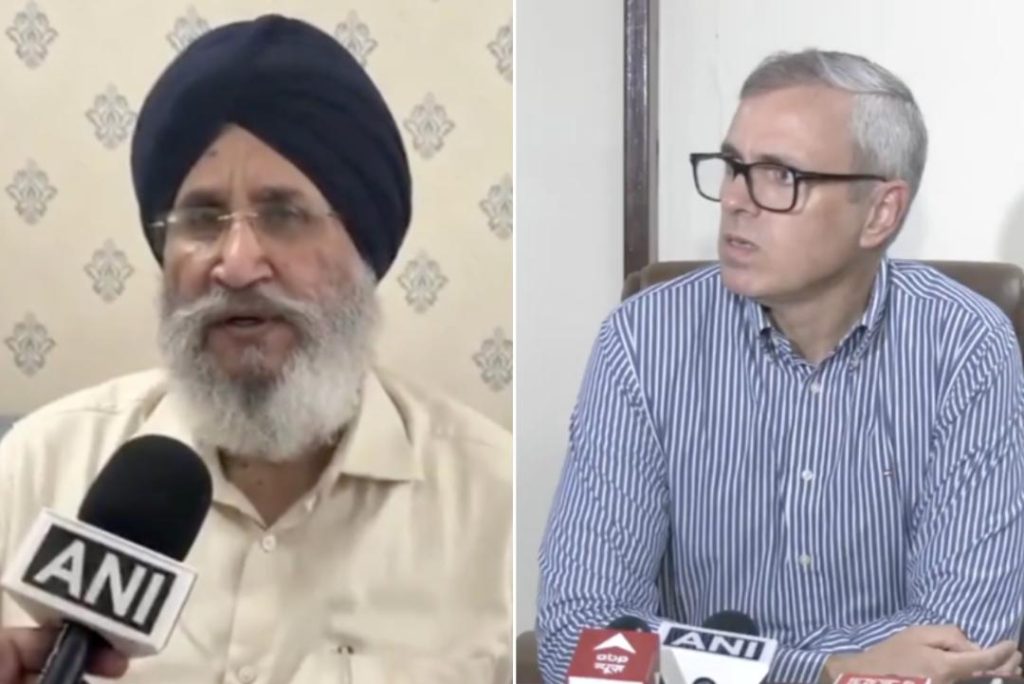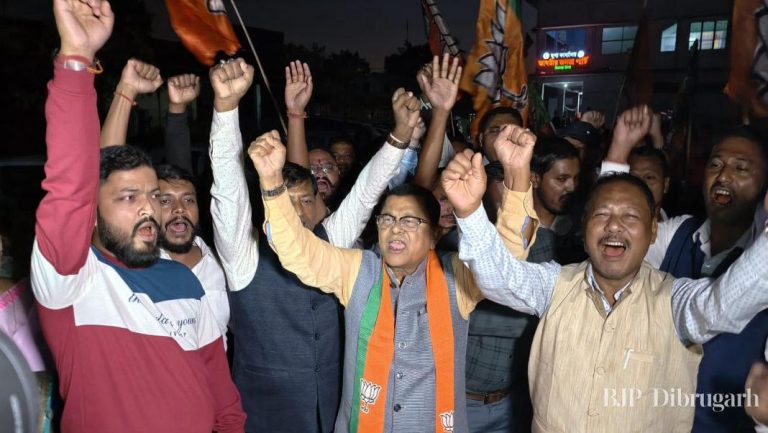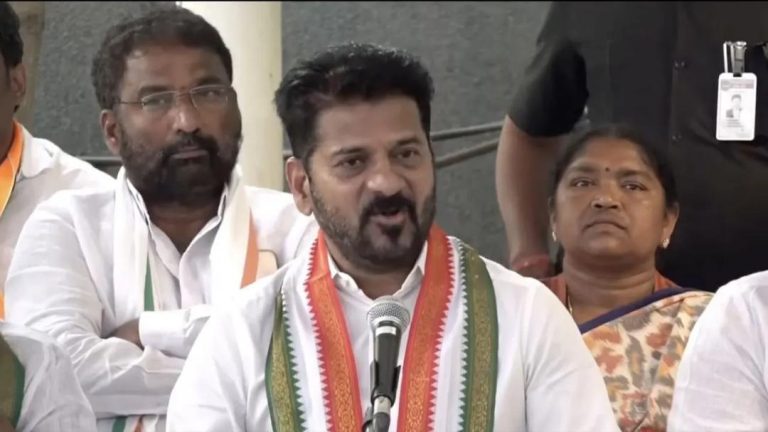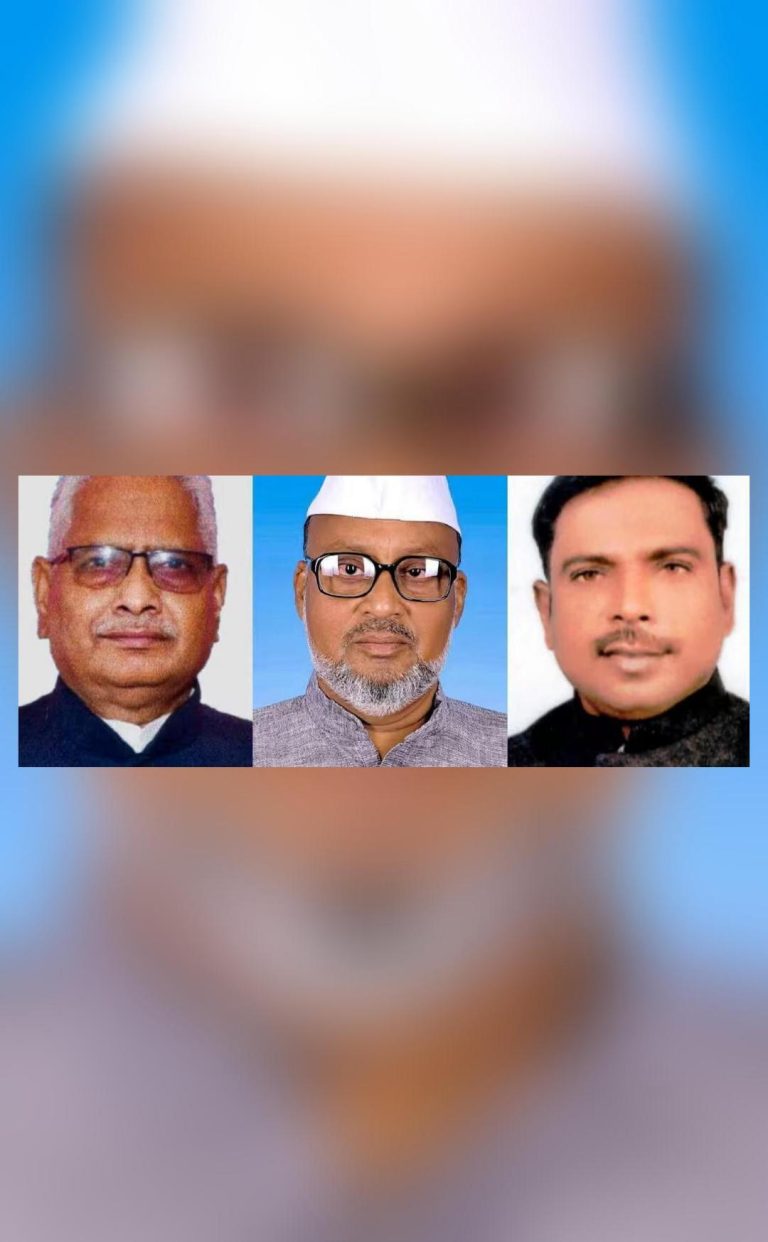
Title: J&K CM’s Remark on Water Sharing Unreasonable: Akali Dal Leader
The recent statement made by Jammu and Kashmir Chief Minister Omar Abdullah, stating that his state will not share any water with Punjab, has sparked a heated debate in the political circles. While some have lauded Abdullah’s stance as a bold move, others have criticized it as unreasonable and unjust. One such voice of dissent is Shiromani Akali Dal leader Daljit Singh Cheema, who has termed Abdullah’s remark as “unreasonable”.
In a statement, Cheema expressed his surprise and disappointment at Abdullah’s comment, saying that they did not expect him to comment on Punjab, as river water distribution has earlier also been in favour of other states like Rajasthan, Haryana, and Delhi. “We are not asking for anything more than what is rightfully ours. We want our due share of water, and we will continue to fight for it,” Cheema emphasized.
The controversy revolves around the sharing of river waters between Jammu and Kashmir and Punjab. Both states have been at odds over the issue, with Punjab accusing Jammu and Kashmir of not sharing the waters of the Ravi and Beas rivers, which flow into Pakistan. Punjab has been demanding a fair share of the waters, citing the Indus Waters Treaty between India and Pakistan.
Abdullah’s statement comes as a shock to many, as it seems to be a departure from the earlier stance of his government. In the past, the Jammu and Kashmir government has been supportive of the Indus Waters Treaty and has worked towards resolving the issues related to the sharing of river waters. However, it appears that Abdullah’s recent statement marks a shift in the state’s stance.
Cheema’s criticism of Abdullah’s statement is not without merit. Punjab has historically been a water-scarce state, and the sharing of river waters has been a crucial issue for the state’s agriculture and industry. The state has been facing severe water shortages, and any reduction in the supply of water could have devastating effects on the state’s economy.
Moreover, Punjab has a right to its share of the river waters under the Indus Waters Treaty, which was signed in 1960. The treaty allocates the waters of the Indus, Jhelum, and Chenab rivers among the riparian states, including Punjab, Jammu and Kashmir, and Pakistan. Punjab has been demanding a fair share of the waters, and Abdullah’s statement seems to be a rejection of this demand.
It is also worth noting that Abdullah’s statement comes at a time when the relations between the two states are already strained. Tensions have been simmering between Punjab and Jammu and Kashmir over various issues, including the sharing of river waters, the construction of dams, and the distribution of power. Abdullah’s statement is likely to further exacerbate these tensions, and it remains to be seen how the situation will unfold in the coming days.
In conclusion, the statement made by Jammu and Kashmir Chief Minister Omar Abdullah, rejecting the sharing of water with Punjab, has been deemed unreasonable by Shiromani Akali Dal leader Daljit Singh Cheema. The controversy surrounding the sharing of river waters is a complex issue, and it requires a nuanced approach to resolve it. Both states need to work together to find a mutually beneficial solution that takes into account the rights and interests of all parties involved.
Sources:






